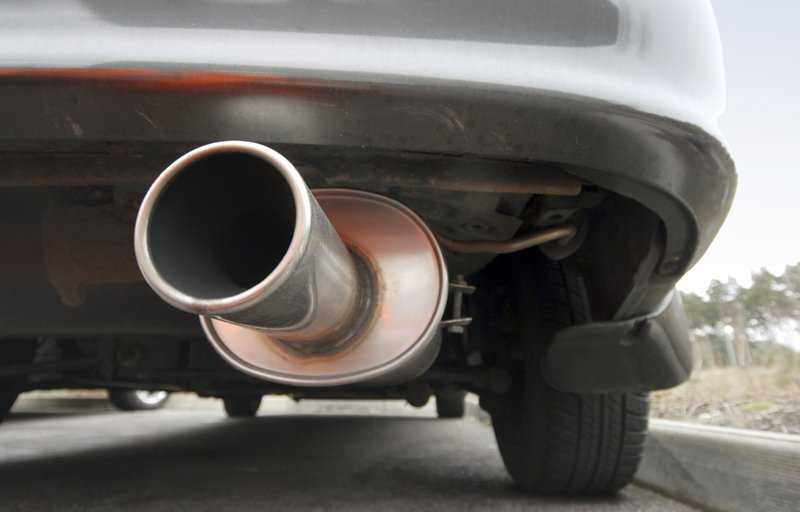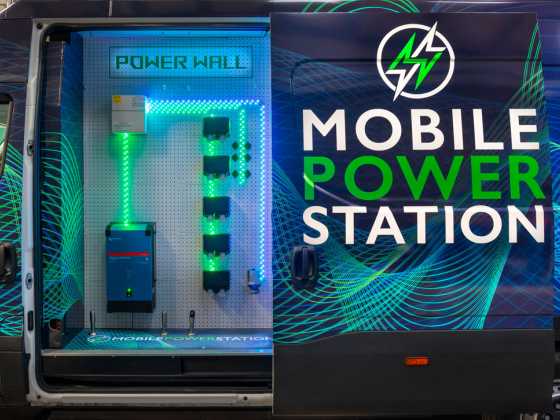Trump administration plans to revoke California’s emission rules

The Trump administration is proposing to revoke California’s power to set its own vehicle emissions rules and mandate the sale of electric vehicles, which was put in place during the Obama era to combat climate change.
The proposal from the U.S. Transportation Department and Environmental Protection Agency is to freeze fuel efficiency standards at 2020 levels through to 2026.
If adopted, the proposal would significantly lower the number of electric or hybrid vehicles needed to meet emissions requirements.
The administration’s plans call for cars and light trucks sold by automakers in the United States to average about 37 mpg, instead of the 46.8 mpg projected for 2026 under the Obama rules.
The proposal, the Transportation Department says, would dramatically shrink projected regulatory costs for automakers by $319 billion through 2029; it would reduce by more than $60 billion what General Motors Co (GM.N), Ford Motor Co (F.N) and Fiat Chrysler Automobiles NV (FCHA.MI) each would have been expected to spend to comply with the Obama rules. Toyota Motor Corp would save $34 billion (7203.T) and Volkswagen AG $20 billion (VOWG_p.DE) over estimated costs.
The Trump proposal estimated that under Obama-era requirements, about 70 per cent of light trucks would be required to have some form of electrification by 2026, compared to just one per cent under the Trump proposal.
Nine other states have adopted California’s zero emission vehicle rules, but the new proposals says that the standards are “technologically infeasible.”
The freeze would also eliminate $3 billion in estimated fines for automakers not meeting efficiency standards.
The Auto Alliance and Global Automakers lobbying groups said in response to the proposals: “We urge California and the federal government to find a common sense solution that sets continued increase in vehicle efficiency standards, while also meeting the needs of America’s drivers.”
The proposal is subject to a 60-day public comment period.



